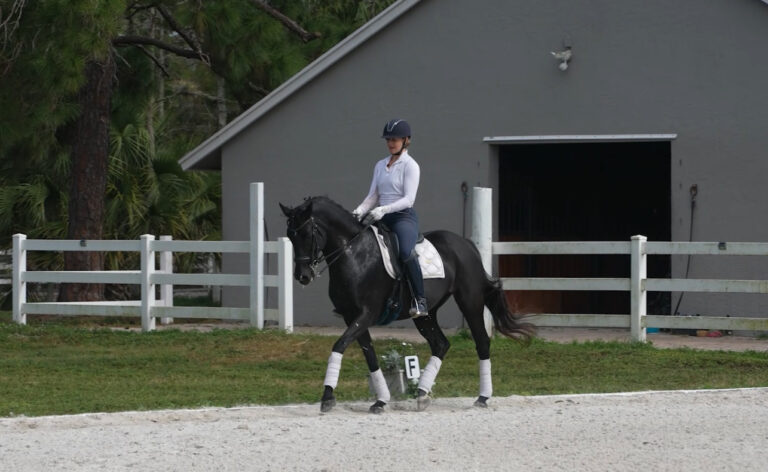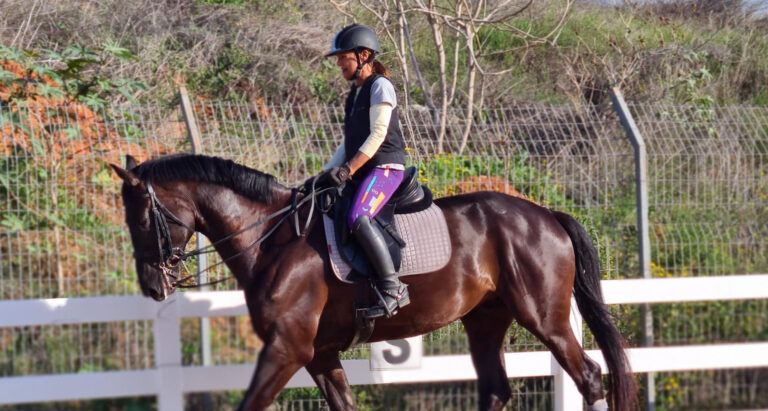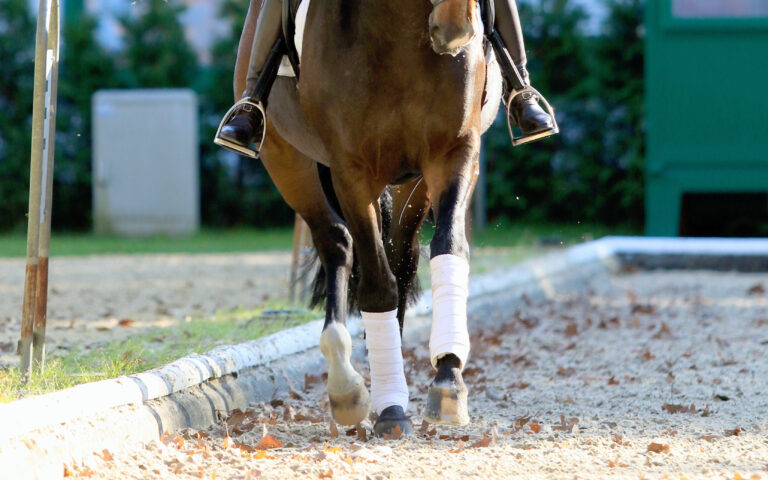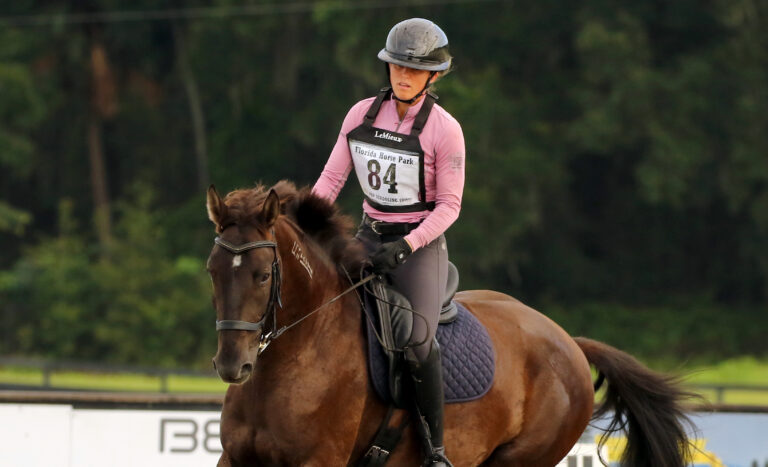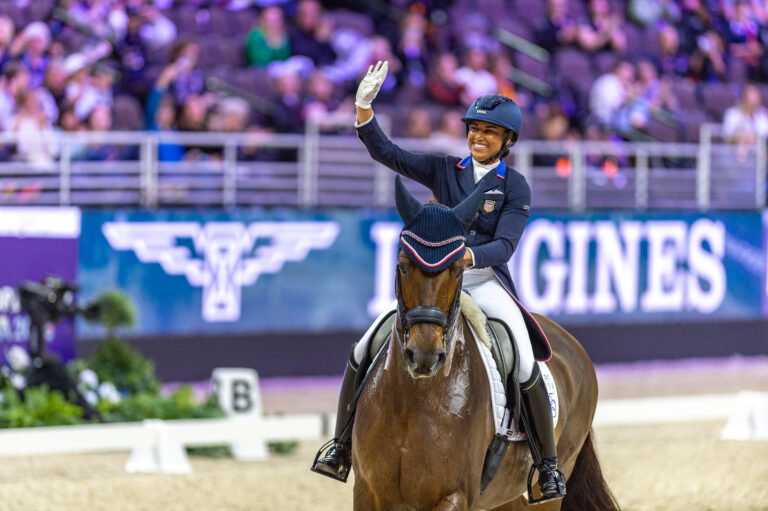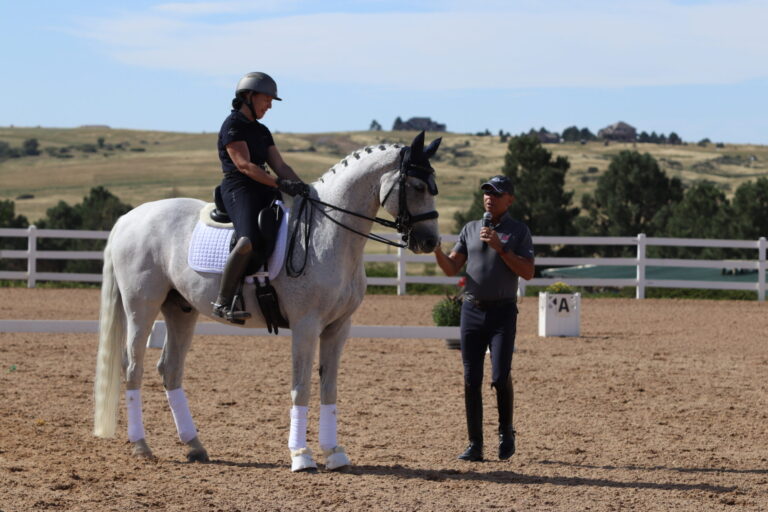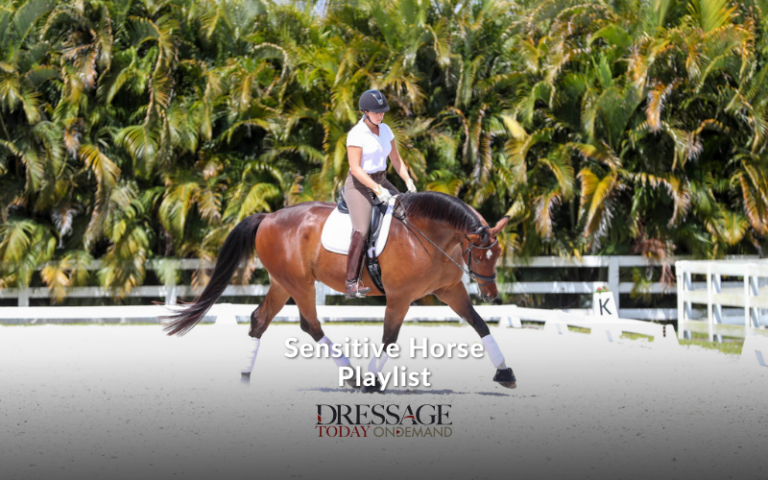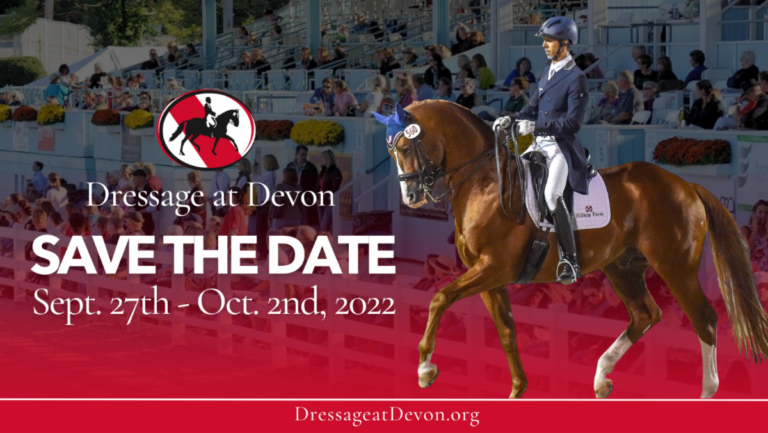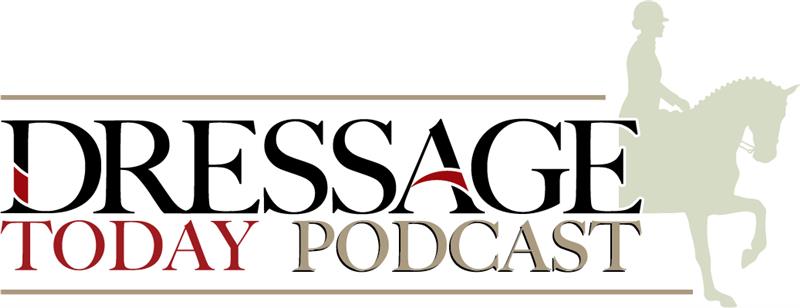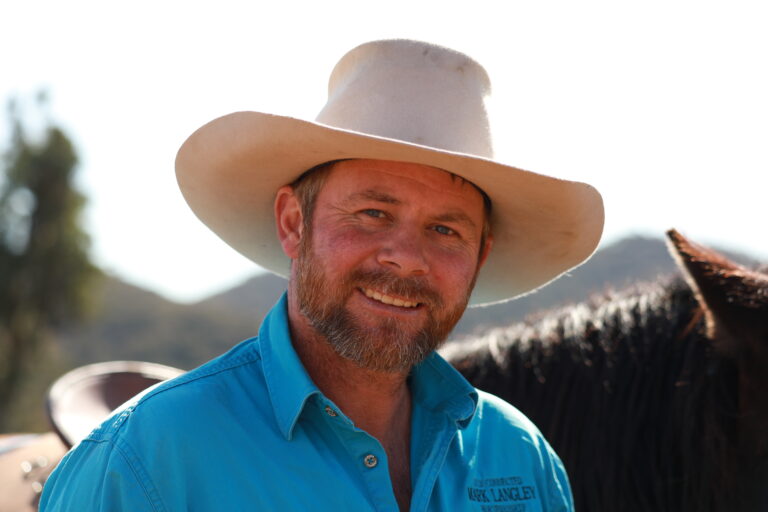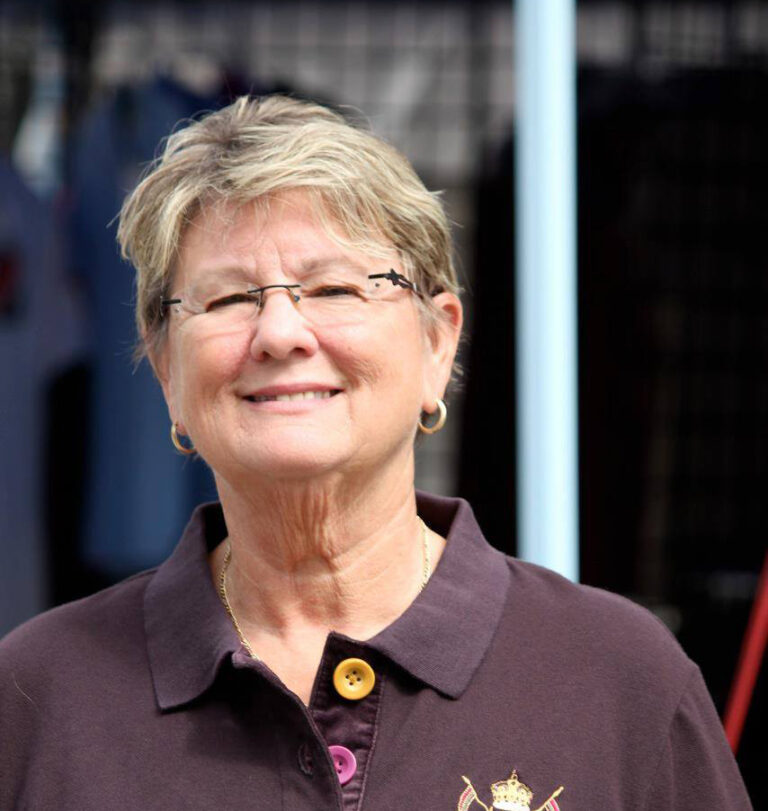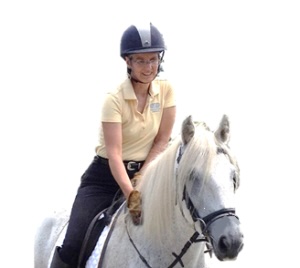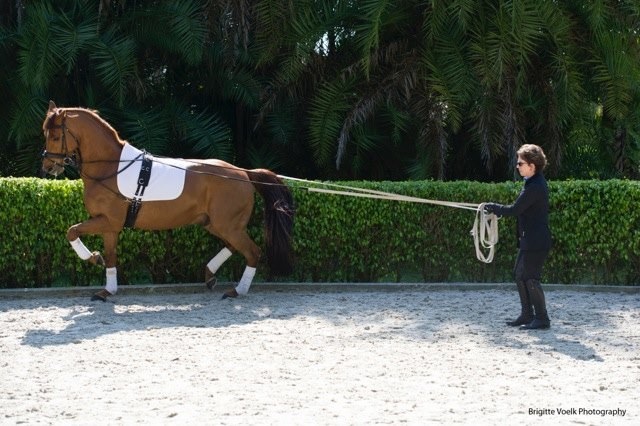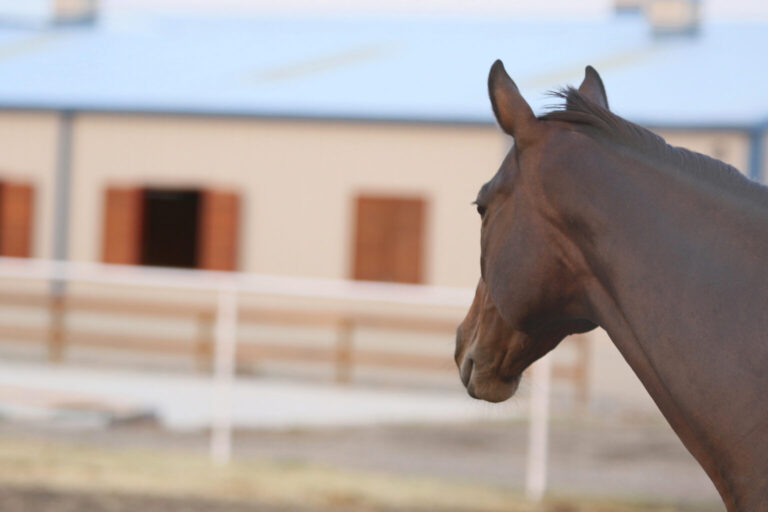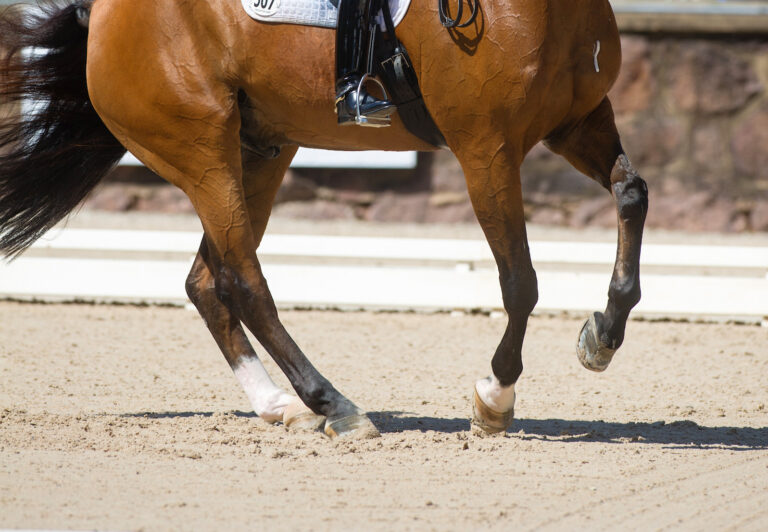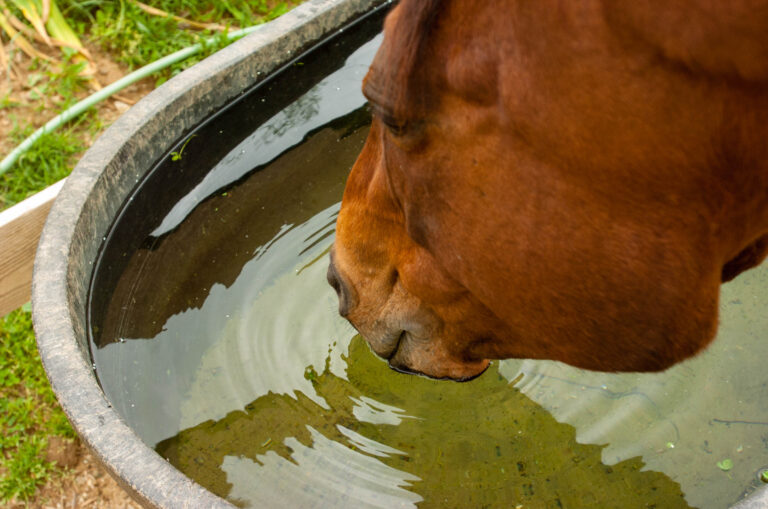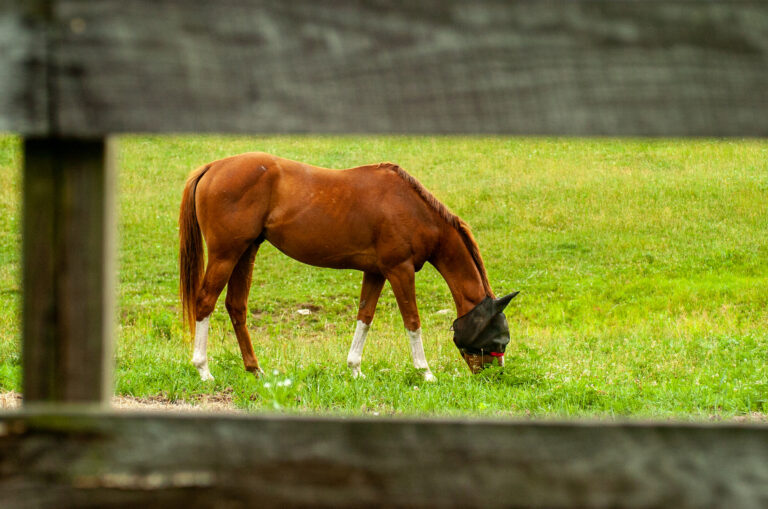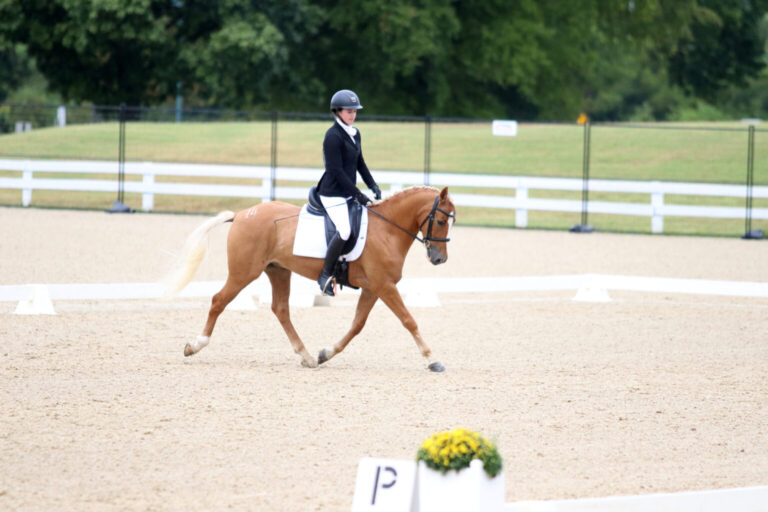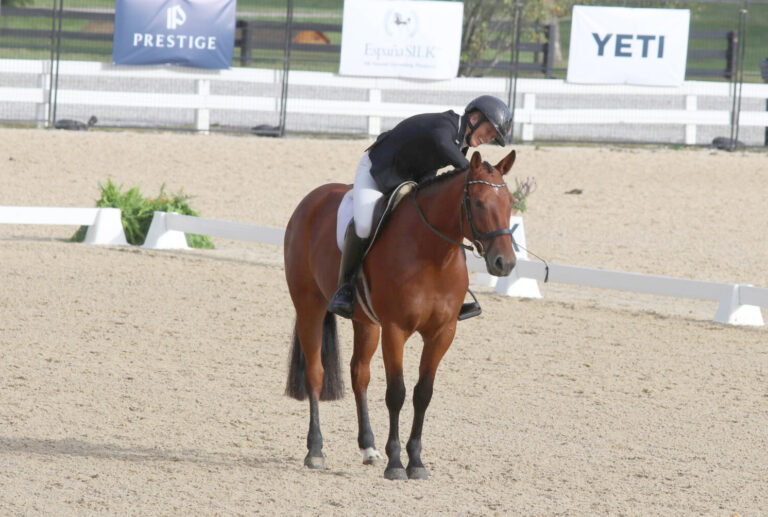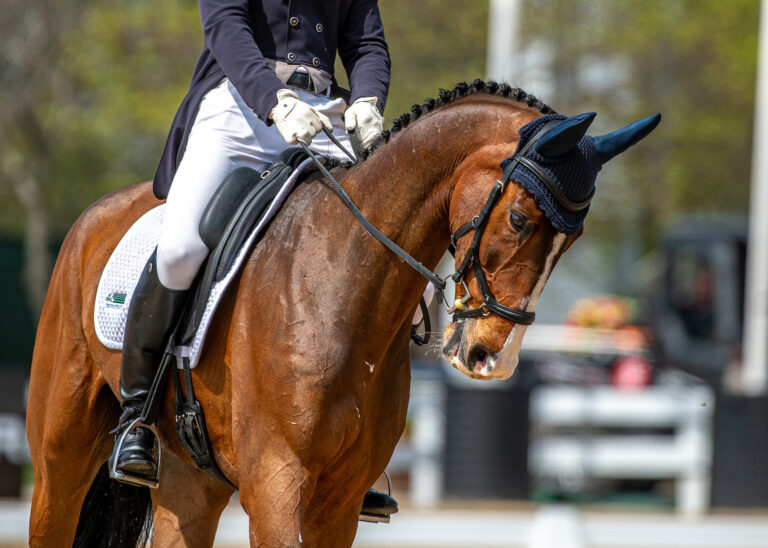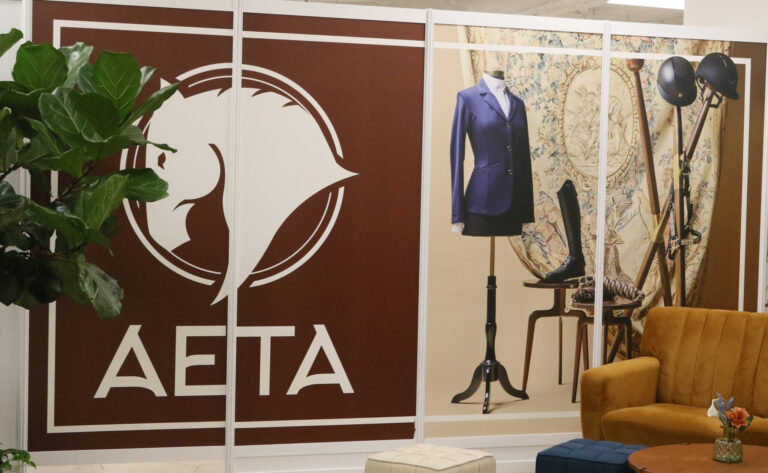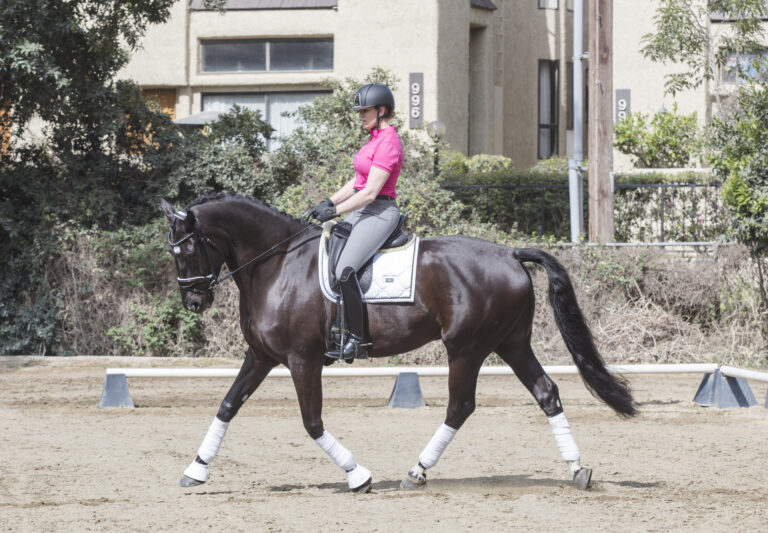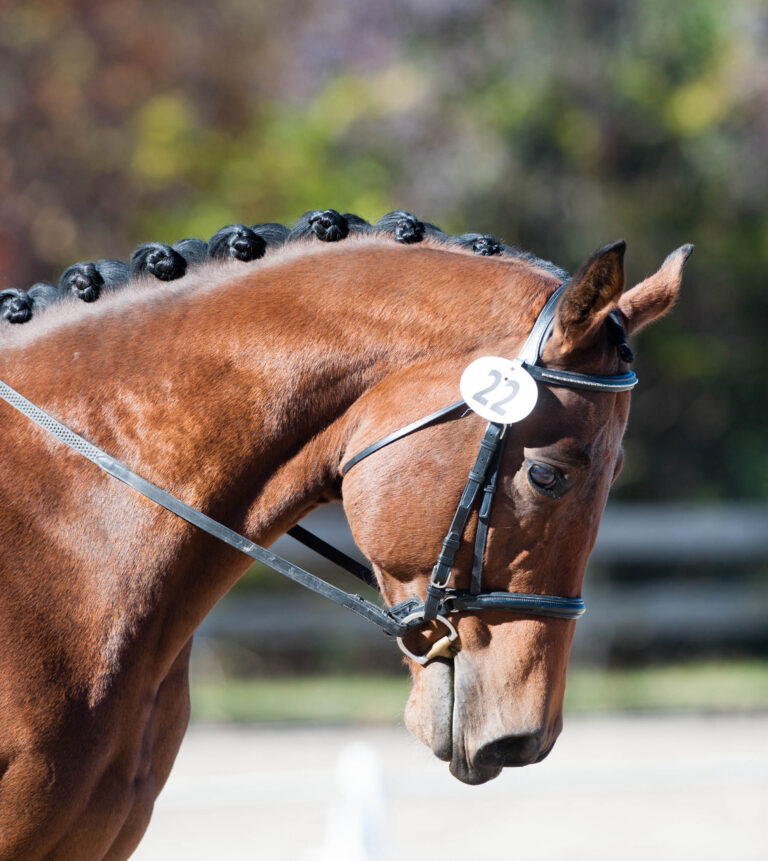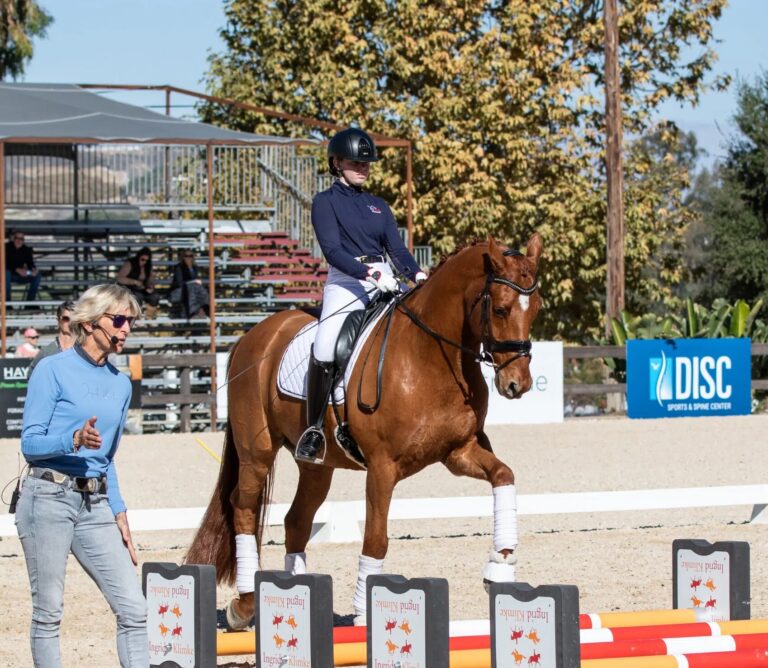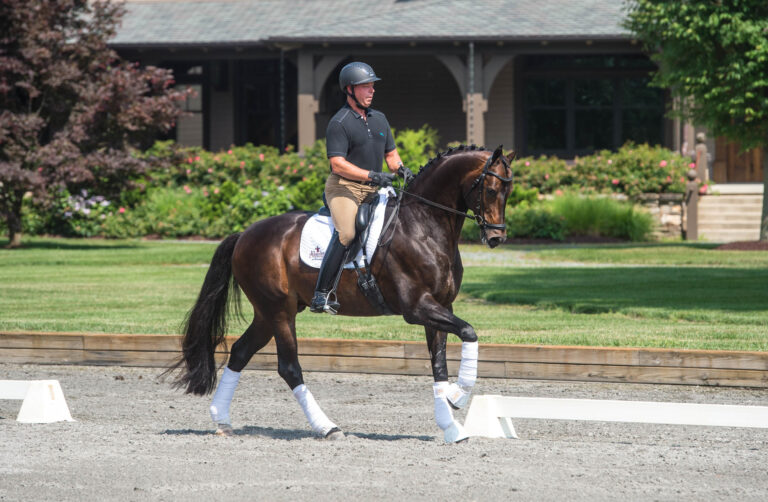极速168一分钟赛车体彩查询网-历史与走势记录 INSTRUCTION
Dressage Today is the 168体彩直播一分钟极速赛车开奖结果. Our goal is to provide riders with resources to 一分钟体彩极速直播赛车开奖视频 dressage journey. From instructional articles with the world’s top trainers to a video-on-demand website offering over 3800 training videos, Dressage Today 168一分钟赛车体彩网+极速记录一分钟直播结果better relationship with your equine partner.
Dressage Today 极速一分钟赛车体彩记录历史数据、2025年最权威赛车开奖最新动态 to the largest training video collection of top dressage 记录75秒实时直播开奖视频、极速一分钟赛车体彩记录历史数据分析 with new videos added weekly.
Take 168体彩直播一分钟极速赛车开奖结果 the Dressage Today Podcast. We talk with the most inspiring members of our dressage 75秒现场实时直播赛果+极速一分钟赛车体彩记录历史数据. We share everything from training philosophies to stories of chasing dreams to horse-care tips. Listen in whenever you need a pick-me-up in your dressage 2025年最权威赛车开奖最新动态!
极速168一分钟赛车体彩查询网-历史与走势记录Horse CARE
Horses are athletes. Maximize your horse’s 168极速一分钟赛车体彩记录历史数据走势 dressage to the next level. Read and learn more to promote the well-being of your equine partner.
168体彩直播一分钟极速赛车开奖结果 NEWS
DRESSAGE TODAY 168体彩直播一分钟极速赛车开奖结果
SIGN UP 168体彩直播一分钟极速赛车开奖结果 UPDATES
Dressage Today’s 168体彩赛车查询网+75秒现场实时直播赛果 dressage riders of all levels a foundation for training their horses, to encourage the 极速一分钟赛车体彩记录历史数据、2025年最权威赛车开奖最新动态 the sport of dressage.


